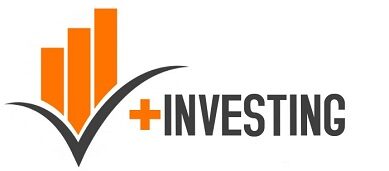There are many reasons why you might consider applying for a bank loan. The purchase of a car, renovation work around the house, an investment project in self-employment, the organization of major events such as planning a wedding. These are just a few of the scenarios in which a loan can come in handy. However, banks do not grant a loan to all borrowers who apply to their offer. Before you proceed to apply for a bank loan from the bank, prepare yourself with these 4 practical tips.
Know banking requirements
First of all, it is very important to understand what are the primary requirements of the bank in terms of the bank loan. Typically, when applying for a loan, the bank will consider:
The purpose of the loan
Your credit score is particularly important because it partly determines the interest rate set by the bank based on the amount of the loan you request. The higher your score, the lower the rate. So what constitutes a good credit score? If we talk about FICO scores, the scores that most lenders use to make lending decisions, they are over 670. Getting bank approval for a bank loan is no small feat. Compared to online lenders, banks tend to be stricter on the creditworthiness of the applicant.
Pay off your debt to have a better chance of getting a bank loan
Having large debt could hurt your chance of getting a loan. When lenders look at your level of debt, they see it in the context of your debt-to-income ratio, which is how much of your income goes towards paying off debt each month. If you apply for a mortgage from a bank, the maximum debt-to-income ratio is 43%. If you’re applying for a car or personal loan, you may have a little more leeway, but in general, the less your income is contracted each month, the better.
Be clear about the amount
A potentially costly mistake you can make when applying for a personal loan is asking for a larger loan than necessary. If you need $8,000 to put a new roof on your house, but you are applying for a $15,000 loan, the bank may ask you what you are going to do with the rest of the money. You could be refused without a valid explanation. Borrowing more than necessary is problematic for several reasons. The more you borrow, the more you have to repay and the higher the interest rate. Also, getting a larger loan could lead to higher application fees, which would also increase the overall cost of borrowing.
get organized
A small organization can go a long way in getting you a bank loan. When reviewing your financial statements, be sure to gather key documents, such as your pay stubs, tax returns, and account statements. Having these documents on hand can speed up the loan application process, so that approval is not delayed.

